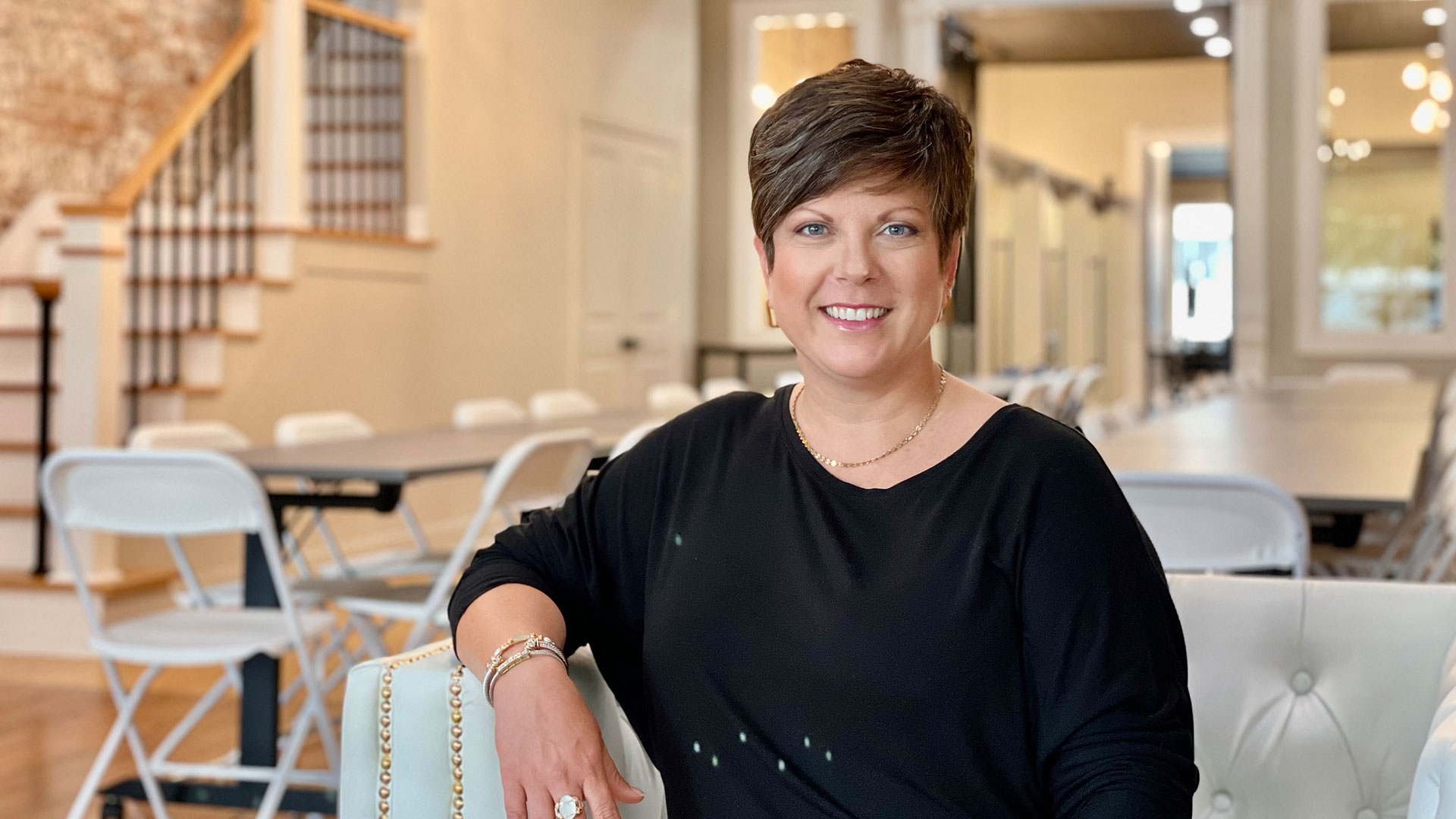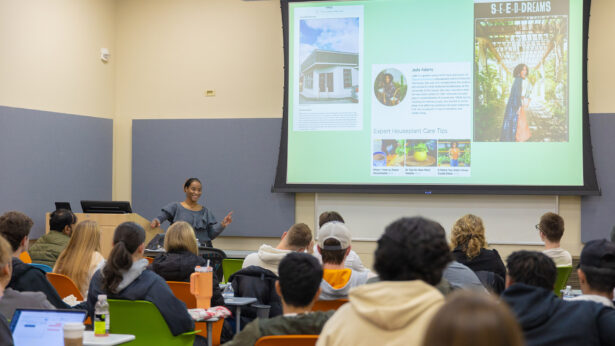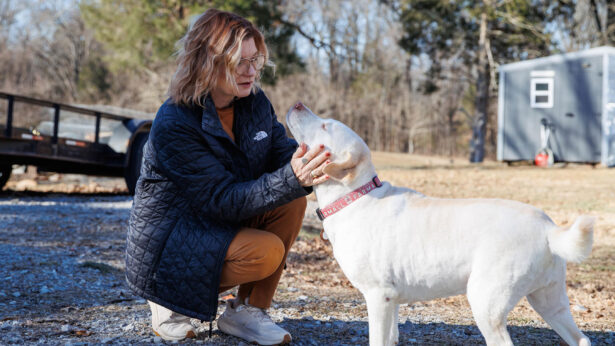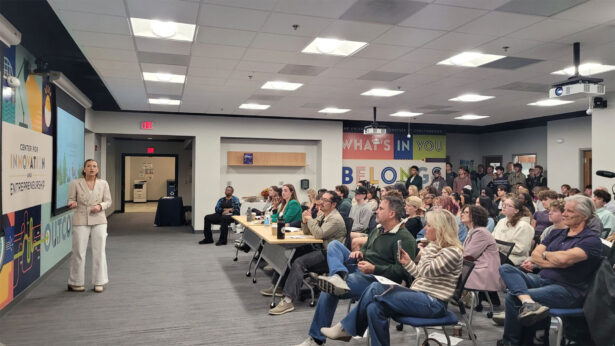Jessie Parker is a lifelong resident of Pulaski, and her family has owned several small businesses in the area. As CEO of Giles County Chamber of Commerce for 10 years, she’s helping small businesses and entrepreneurs set up shop in the community.
Parker is among business leaders from a dozen Southern Middle Tennessee counties—Giles, Hickman, Lewis, Maury, Marshall, Lawrence, Bedford, Coffee, Franklin, Lincoln, Perry and Wayne—who recently participated in a series of workshops, funded by a $75,000 U.S. Department of Agriculture (USDA) Rural Development Grant secured by UT Southern, to support small business and entrepreneurship development across the region.
Bridget Jones, a consultant to the state Department of Economic and Community Development (TNECD) and project director for the UT Southern Regional Network, says the workshops built on South Central Opportunities: Promoting Entrepreneurs (SCOPE), a previous effort funded by the Tennessee Office of USDA and TNECD. That effort was meant to fill a gap by creating a regional hub to help Southern Middle Tennessee’s small businesses and entrepreneurs access resources.
As part of SCOPE, an initial round of workshops and webinars was held for key leaders from the area in 2019-2020. That training and follow-up technical assistance brought about significant progress, including the creation of four “coworking centers,” where small companies and entrepreneurs can share workspace and office equipment.
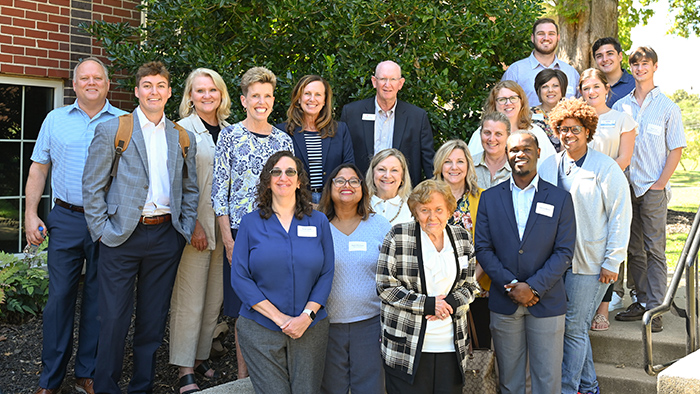
“The vision and funding opportunities for the MakeShiftcoworking space in Giles County were a product of the resources in the first SCOPE cohort,” Parker says. Also, she says, “We learned about, applied for and received a USDA Technical Assistance grant that established an online marketplace for our local businesses, farmers, producers and makers. The ShopOurHometown.com platform offers area businesses an opportunity to promote their products and services to a larger market.”
Wanting to build on the momentum in Giles and other Southern Middle Tennessee counties, Jones met with UT Southern Chancellor Linda Martin and Cathy Cate, then interim director of UT Southern’s Turner Center for Rural Vitality. Cate is now an independent contractor working with UT Southern.
“The interest was there for UT Southern to host and facilitate the project,” Jones says.
Jones and Cate secured the grant to fund the second year of workshops, which were held between March and September 2024. The workshops provided participants with education, resources and tools they could use in their communities to help small businesses and entrepreneurs learn more about four critical topics: networking; technical services like digital marketing; financial resources, including grants and loans; and policy matters, such as zoning and codes.
The workshops featured presentations and roundtable discussions. Participants shared their communities’ success stories.
Parker says one takeaway from the latest round of workshops “addressed a frequent concern I hear from the community: access to capital,” she says. “Being able to share LaunchTN and Fund Tennessee opportunities with my community gives them a convenient, albeit ‘MakeShift,’ business consultant right here.”
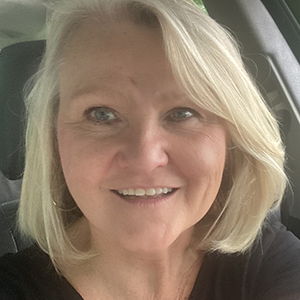
Wisty Pender, director of TNECD’s Business Enterprise Resource Office, has been involved in both rounds of workshops. She says progress in the counties is palpable.
“Today, more businesses in the region are starting with better access to the resources they need to be successful,” she says. Also, she adds, “The communities are far more communicative and more regionally impactful.”
Mo Collins, an internationally recognized training consultant on entrepreneurship, spoke to participants about the importance of creating “entrepreneur ecosystems” in rural communities.
“Entrepreneurship is a key strategy for most rural communities in the United States,” Collins says. “Forward-visioning regions like Southern Middle Tennessee are leading the way toward a vibrant future through these efforts to explore local innovation to create jobs and new rural wealth.”
The workshops also touched on unique needs of specific businesses, such as music and entertainment, food and beverage, and agribusiness. Academic and business experts provided information about digital marketing, public relations, human resources and other topics.
Kristi Smith from the University of Wisconsin, which operates the YourEconomy dashboard, says the web-based platform follows real-time business and job activity for the entire United States. USDA grant funding allowed UT Southern to purchase a YourEconomy dashboard for the Southern Middle Tennessee region. Rural economic development leaders will use this data to target small business resources and funding to meet each county’s needs.
Purchased data also is being used by a graduate student from UT Knoxville’s Baker School to build individual Your Economy Reports for the counties served by UT Southern. The local dashboard will provide snapshots of each county: the number of businesses and jobs, details about the types and sizes of small businesses, and the composition of each county’s economy by economic sector.
Jones says regional leaders assess where they are and plan next steps. It’s possible, she says, that the partners will come together for a third round of workshops to continue to build the region’s entrepreneur ecosystem.
